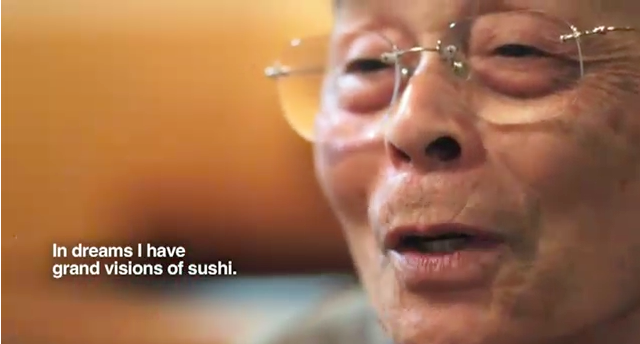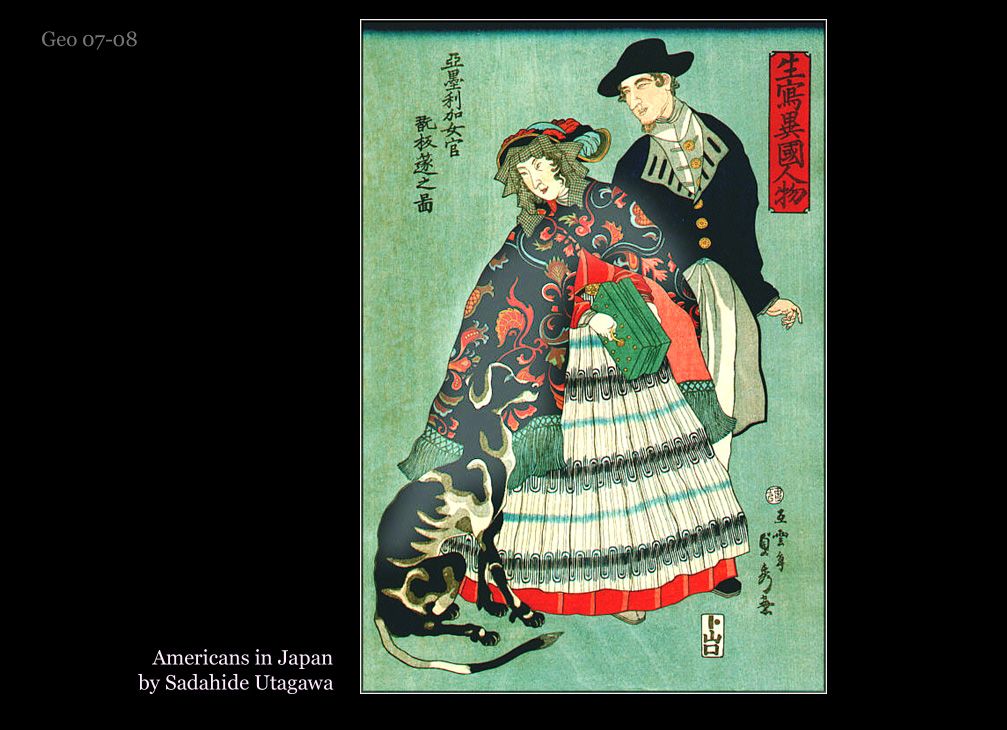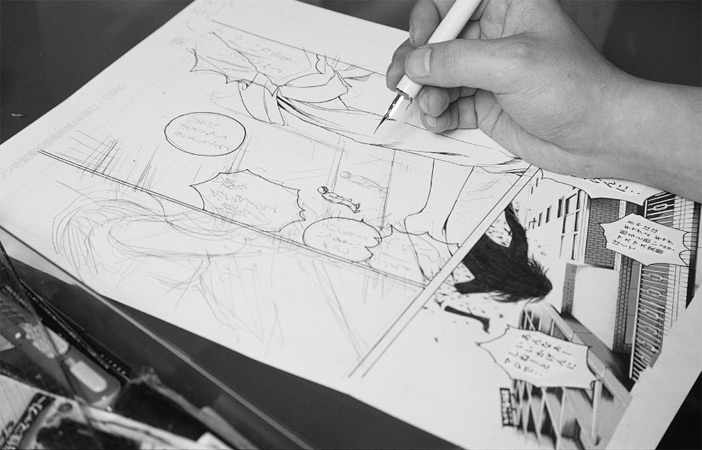Fujiwara no Shunzei wrote “Korai Futeisho”in 1197. This early Kamakura treatise on poetics set the stage for many poetic developments to come. Chiefly, Shunzei discusses the connection between kotoba, or words, and kokoro, which means heart/mind. In the poetic sense, kokoro, according to Shunzei was transmitted from all the preceeding poetic anthologies, such as Man’yoshu, Kokinshu, and Gosenshu. The collective mind/heart of these poets is transmitted to the poet who is considering writing, much like the Mayahana Buddhistic idea of dharma transmission, or the transmission of the Buddha’s mind from Sakyamuni Buddha to disciple, and disciple to other disciple, alluding to the words of the Chinese monk, Zhiyi (538-597.) Kotoba, the words, are vessels for the kokoro. They should be about the poet’s subjective experience, and should display the hidden depths of rhythm and sound. Poetry is not about witty repartees or “empty words and phrases” as the Buddhist path frequently accused it of being. Monks frequently felt that poetry would only lead them down the path of further attachment, getting in the way of their quest for awakening. Shunzei’s idea is that poetry is almost like a sacred transmission of a communal mind, similar to Buddha-mind. This is a rebuke of those who would consider poetry a secular waste of time.
Likewise, following Mahayana ideas of non-duality and no-self, Shunzei says that the dichotomy between kokoro and kotoba is needless. The sugata, or form, of a poem should be the embodiment of both kokoro and kotoba, much like the self is considered non-dualistic (the self is a convenient label for the modes of feeling and awareness humans have, according to Sakyamuni; the self is not real, and is not distinct from anything else in the universe, according to Nagarjuna.) So, the kotoba and kokoro of poetry are not distinct in a poem; its sugata is made up of these elements, This is Shunzei’s “middle way” between old Heian aesthetics of poetry and the austere rejection of poetry by the monastics.







Frederick Kavanagh
Born-san,
I tried emailing you, but I’m not sure I got through.
It was great seeing you at the conference in D.C. last year, and, it was cool talking to you via Skype at our Valpo event more recently.
A couple of year ago I sent you an email requesting that you write something we could put on our Japanese-section web page here, telling of the positive effect your participation in the Japanese program here has had on your life and career.. You were just finishing up your Ph.D. at that time and had to put my request on the back burner. I have no subsequent emails from you, so it looks as though it’s still there.
That would be no big thing, except that the situation here has changed drastically. Driven by dwindling enrollments and a mammoth deficit resulting from the fiscal incompetence (incontinence?) of the V.U. administration, the Dean and the Provost are trying to discontinue the Japanese program.. Yes, for real. To help thwart this effort of theirs we need testimony from V.U. grads regarding the positive role the program has had on their careers after graduation. I can think of no better post-V.U. success story than yours.
. I hope you will be able to help us out writing down whatever good things you can say about the program. I’d be most grateful, and for sure I’ll buy you dinner the next time we meet at the AAS convention (got the flue and couldn’t make it to Denver last month), or wherever else we may meet, for that matter.
Please send whatever you can come up with both to me and to my department chair、Timothy.Tomasik@valpo.edu.
お願いします。
Fred Kavanagh
P.S. I bought a Conn Victor 80 A cornet a couple of months ago. Beiderbecke played one of those. Even with me playing it, the tone is a revelation compared to the old Blessing Scholastic I learned on.